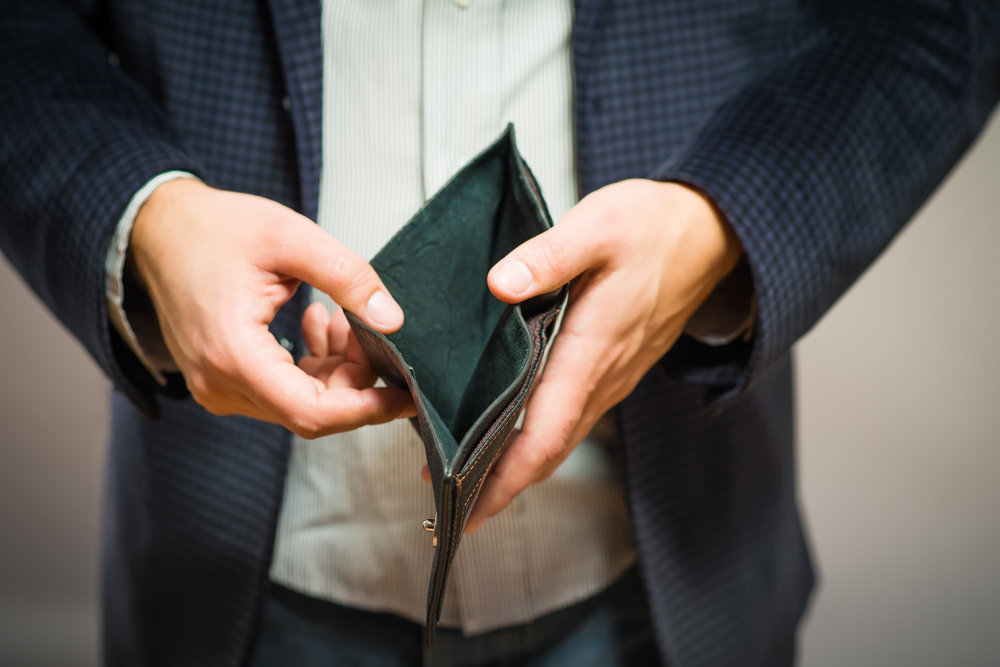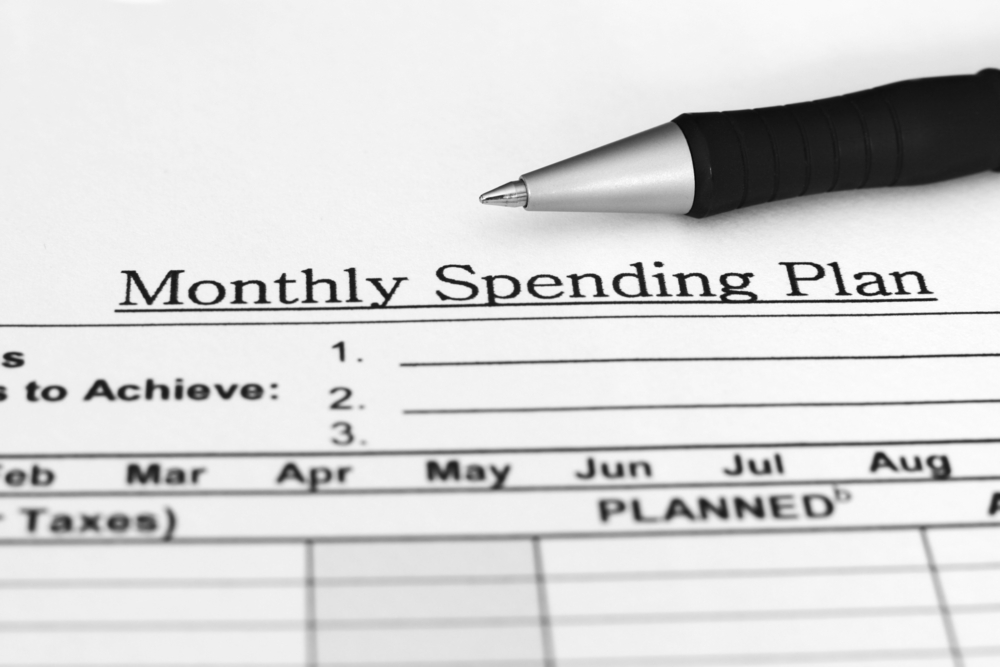It is clearly a personal decision when it comes to the way you spend your money. It’s your money, after all. But, if you often find yourself wondering where all your money went and never seem to get in control of your money, then there is a possibility that you may use up most of your income in emotional spending.
What is emotional spending?
An emotional spending occurs when an individual spends money for the sole purpose of improving a mood. Some reasons people engage in emotional spending are to improve or maintain a mood, to gratify themselves for something they’ve done, cope with stress, deal with loneliness, and even improve self esteem. Emotional spending is not a sign of immaturity or being irresponsible, but a real compulsion with which a lot of people struggle.

It’s always good to spend your time choosing and purchasing new things (even if you don’t need them) to make you happy. However, any type of shopping excursion prompted by emotions can quickly turn into a problem. When you start spending beyond your means and buying things you don’t need, you may be fueling a shopping addiction instead.
Watch out for these warning signs of an emotional spending spree:
You shop to decompress from stress
When stress levels run high and you’re feeling anxious or irritated, you might seek out pleasure or satisfaction just to escape those negative feelings. Shopping can fulfill this need, but only temporary. As soon as you get home from shopping, you may end up with a case of buyer’s remorse (when you regret your purchase and wish your money back). Then you’ll have to deal with the situation that prompted the purchase all over again.

You shop for a “competition”
Buying stuff to give the appearance that you’re of a certain socioeconomic status is something a lot of people struggle with. When a friend or someone in your group purchases a brand new phone, you immediately buy it too. Even if you have the power to buy things, this is not healthy for both your self-esteem and your wallet.
You buy stuff to create the “newer” version of you
It is good to make changes in yourself, and there is nothing wrong with using things like makeup or clothing to express yourself. But if you still feel unhappy with the changes and the stuff you have, maybe you need to deal with the real questions you have about yourself. Maybe changes are not the number one priority you have to do at the moment.
You find yourself buying and resell your stuff a lot
Nowadays it is very easy to get your old stuff “adopted” by selling them on marketplaces as well as social media. If you often find buying stuff only to use it once or twice and then sell them later, it might be a sign that the purchases are being made on impulse.
You shop for immediate gratification
Maybe you finally finished that weekly report that haunted you all week long or maybe a promotion coming your way at work; so you think that a one or two shopping spree won’t hurt. However, if you feel that you constantly need to spend money on a new item or new experience as a means of treating yourself, it might mean that you’re using spending as a way to connect with yourself at a big emotional distance.
If more than one of those descriptions fits your habits, maybe it’s time to curb your emotional spending, for the sake of your financial health:

- Identify your emotional spending triggers. Perhaps the feeling of loneliness is a trigger for you. Or perhaps seeing the pretty stuff that people have is a trigger for you. If so, it might be time to reevaluate those triggers and see how you can lessen the time you spend on them.
- Unsubscribe from both print and digital mailing list to get temptation out of your eyes. Sometimes the promotions and special deals on those mailing lists act as the main triggers of your shopping spree.
- Make a well-structured shopping list. Include a budget for unnecessary purchase on your monthly shopping list. This way you can treat yourself, but in a more controlled manner where you don’t have to feel guilty afterwards. Sometimes treating yourself in a small way can help to curb spending on larger purchases later on.
- If you tend to make most of your purchases using credit cards, be sure to leave your credit card at home when you go out shopping. It helps to reduce the temptation to overspend.
- Let your family or friends know that you are trying to curb your spending habits. They can be the voice of reason when you are feeling helpless when it comes to resist shopping temptation.
- If you often find yourself run to the malls when you’re feeling down, try to find simpler alternatives that will make you feel great again. Exercise, cooking, reading books, or even cleaning your house will avert your mind from shopping triggers.




